Spotify Faces Lawsuit Over Alleged Fake Streams, Claiming Hundreds of Millions in Lost Revenue
A lawsuit filed by American rapper RBX on Sunday has brought to light a potentially massive issue in the music streaming industry, with Spotify at the center of the controversy. The lawsuit alleges that the platform profits from fake streams, particularly from the account of the most streamed artist of all time, Drake, who achieved 120 billion total streams in September.
According to the lawsuit, Spotify ignores billions of fraudulent streams each month, which artificially inflate user numbers and contribute to higher ad revenue. The lawsuit claims that these fake streams rob other artists of potentially hundreds of millions in revenue shares. The issue goes beyond Drake, with the lawsuit alleging that Spotify's failure to address the problem allows bot networks to operate freely, benefiting the platform at the expense of legitimate artists.
In September, Drake became the first artist to reach 120 billion total streams on Spotify, with a significant portion of those streams coming from inauthentic activity. The platform chose to ignore this activity, which contributed to around 37 billion streams. This raises questions about the accuracy of Spotify's streaming metrics and the fairness of its revenue distribution model.
The music streaming industry is a multi-billion dollar market, with Spotify being one of the leading players. In 2022, Spotify reported a revenue of $8.4 billion, with a net income of $1.4 billion. The platform's success is largely driven by its massive user base, which has grown to over 400 million monthly active users. However, the lawsuit highlights a potential flaw in Spotify's business model, which could have significant implications for the company and the industry as a whole.
Spotify's business model is based on a freemium model, where users can access music for free with ads or pay for a premium subscription. The platform takes a 30% cut of the revenue generated from premium subscriptions, while artists receive a share of the revenue based on their streaming numbers. However, the lawsuit alleges that Spotify's failure to address fake streams means that legitimate artists are being shortchanged.
The lawsuit has significant implications for the music streaming industry, which is already facing challenges from emerging platforms like TikTok and YouTube Music. The issue of fake streams could erode trust in Spotify's metrics and revenue distribution model, potentially leading to a loss of users and revenue. However, Spotify has a history of addressing similar issues, and the company may be able to resolve the problem through internal measures or regulatory action.
In conclusion, the lawsuit filed by RBX highlights a potential flaw in Spotify's business model, which could have significant implications for the company and the industry as a whole. As the music streaming industry continues to evolve, it will be interesting to see how Spotify addresses this issue and whether it can maintain its position as a leading player in the market.
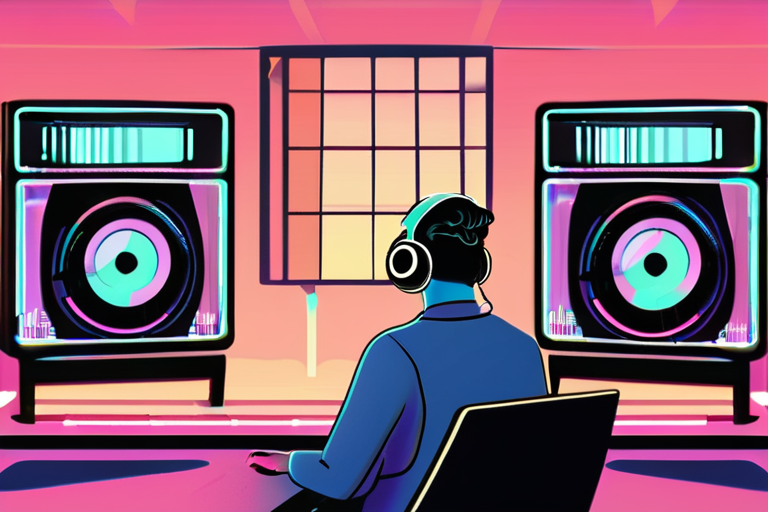

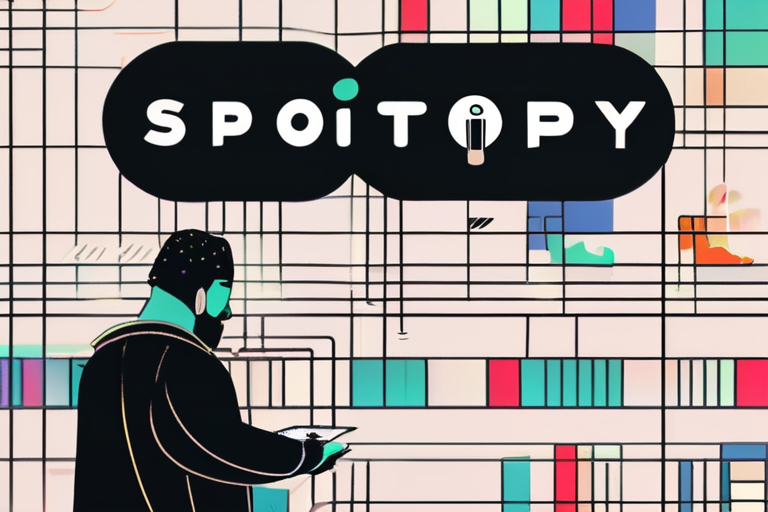



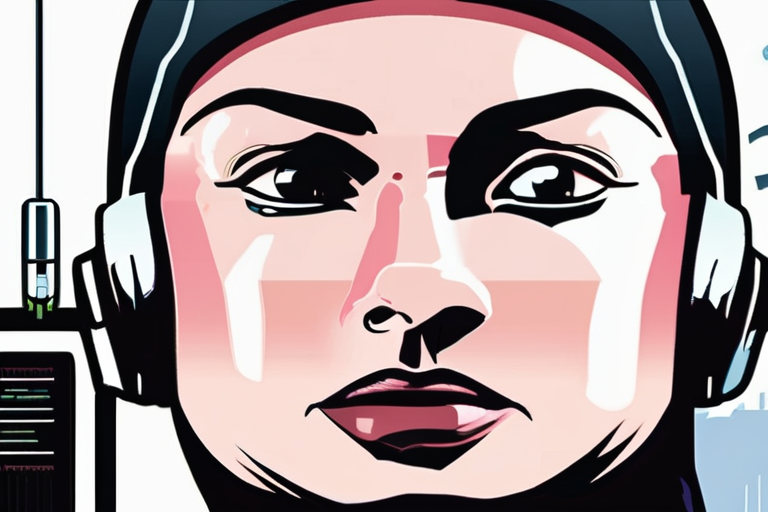
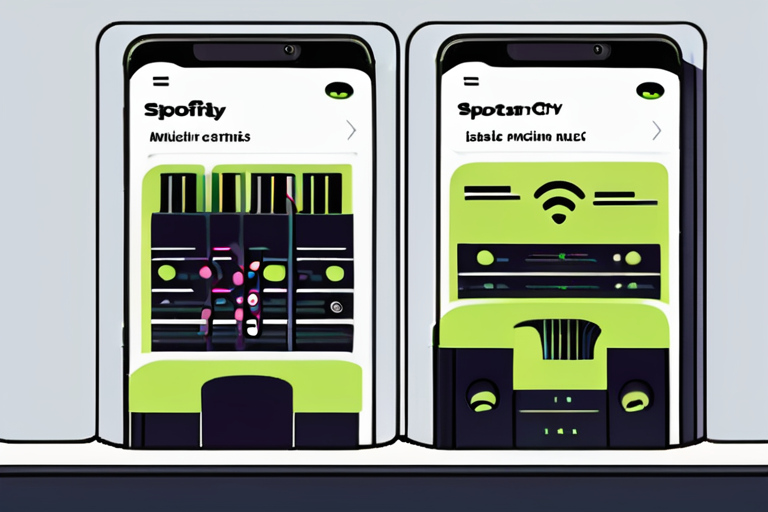

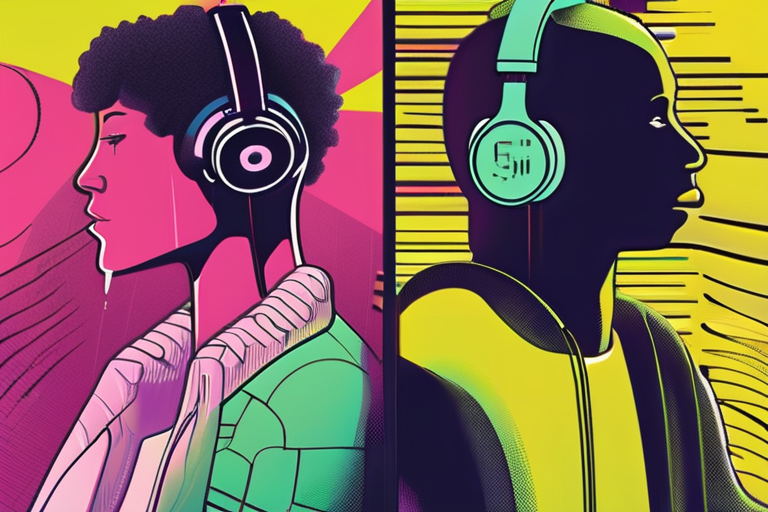

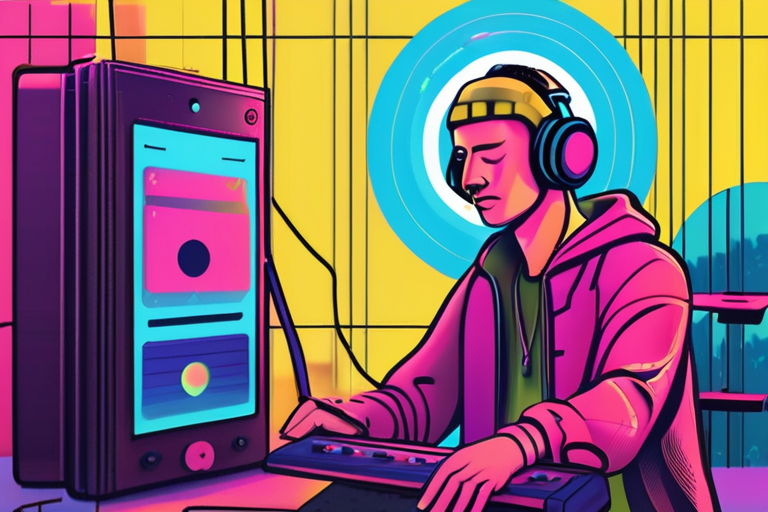


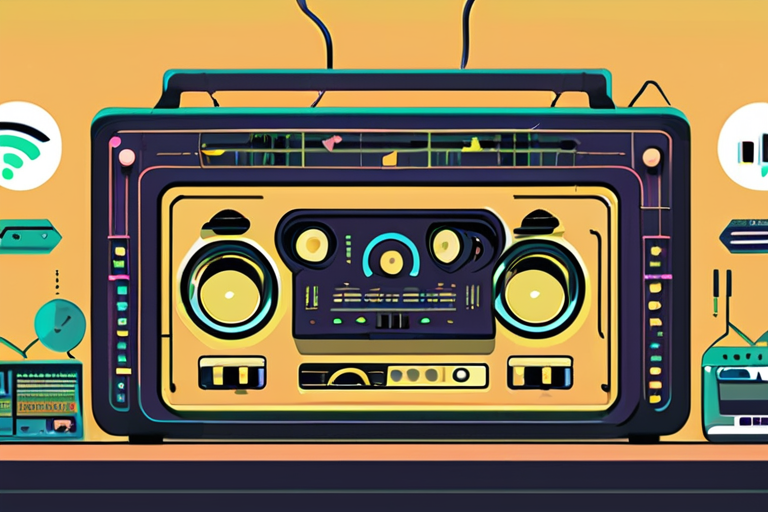


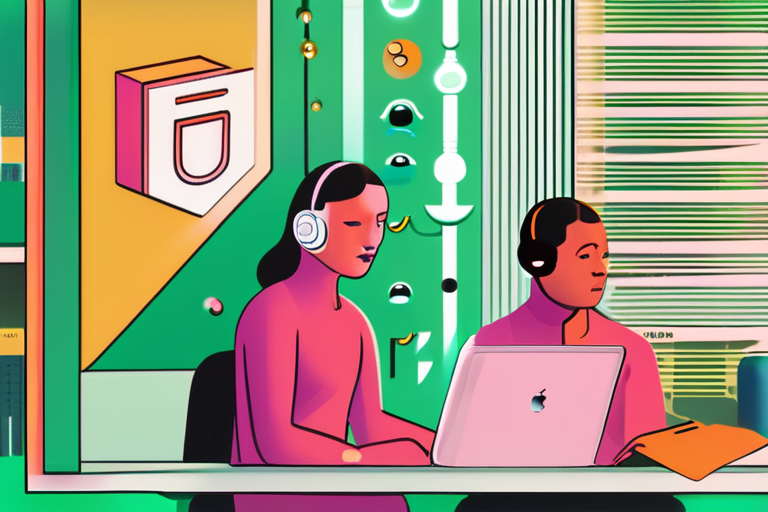
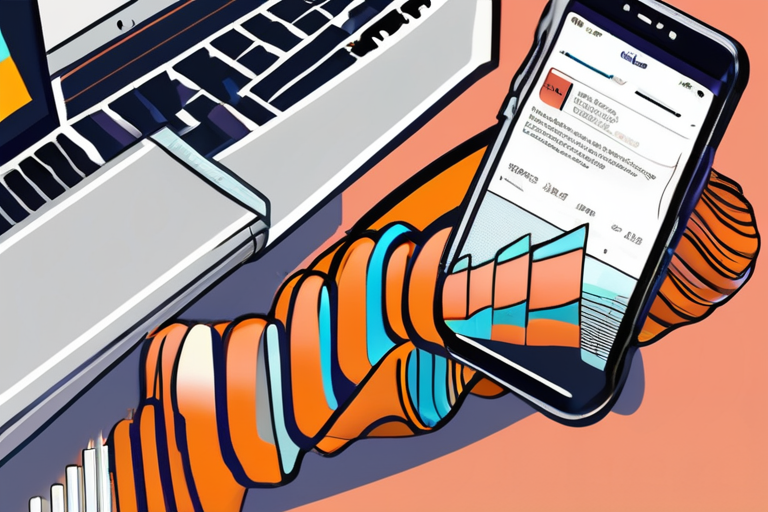





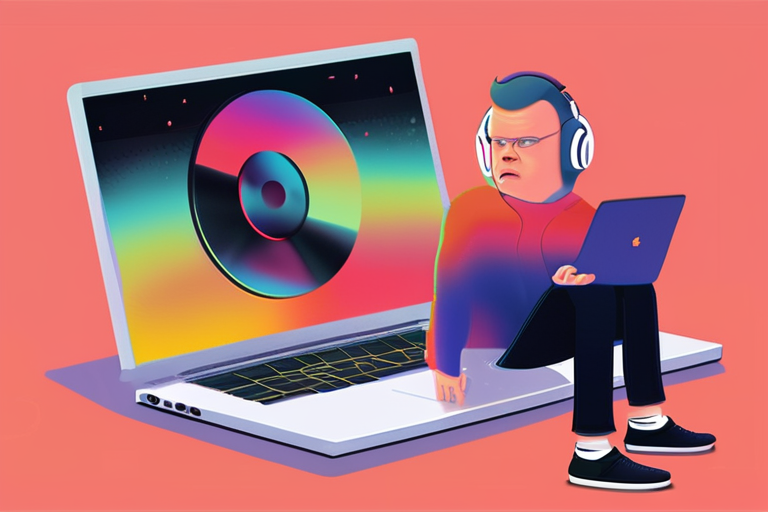
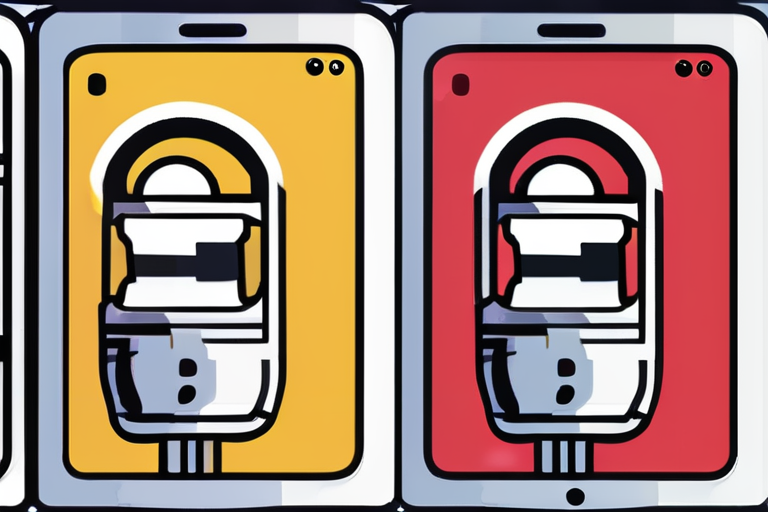
Share & Engage Share
Share this article